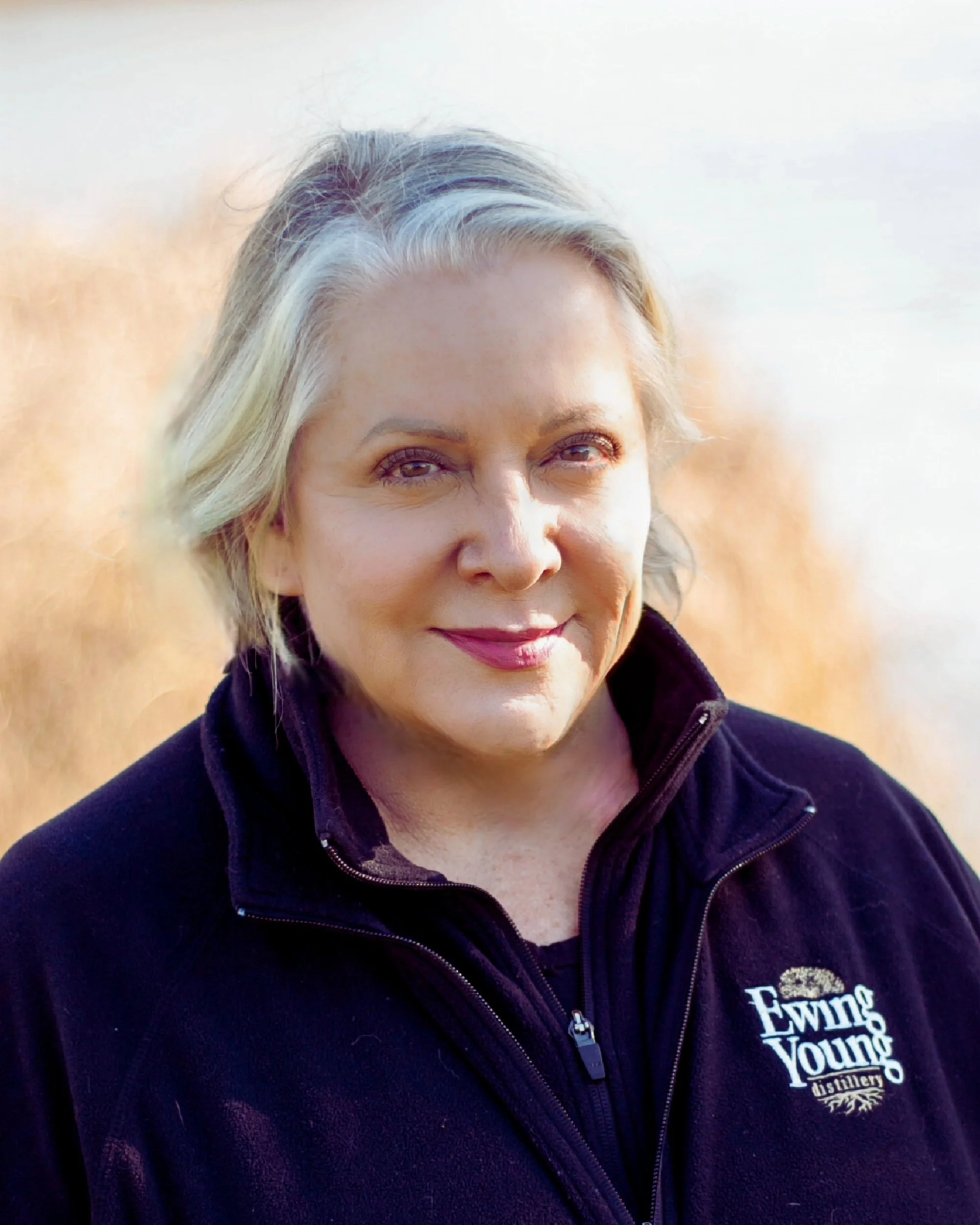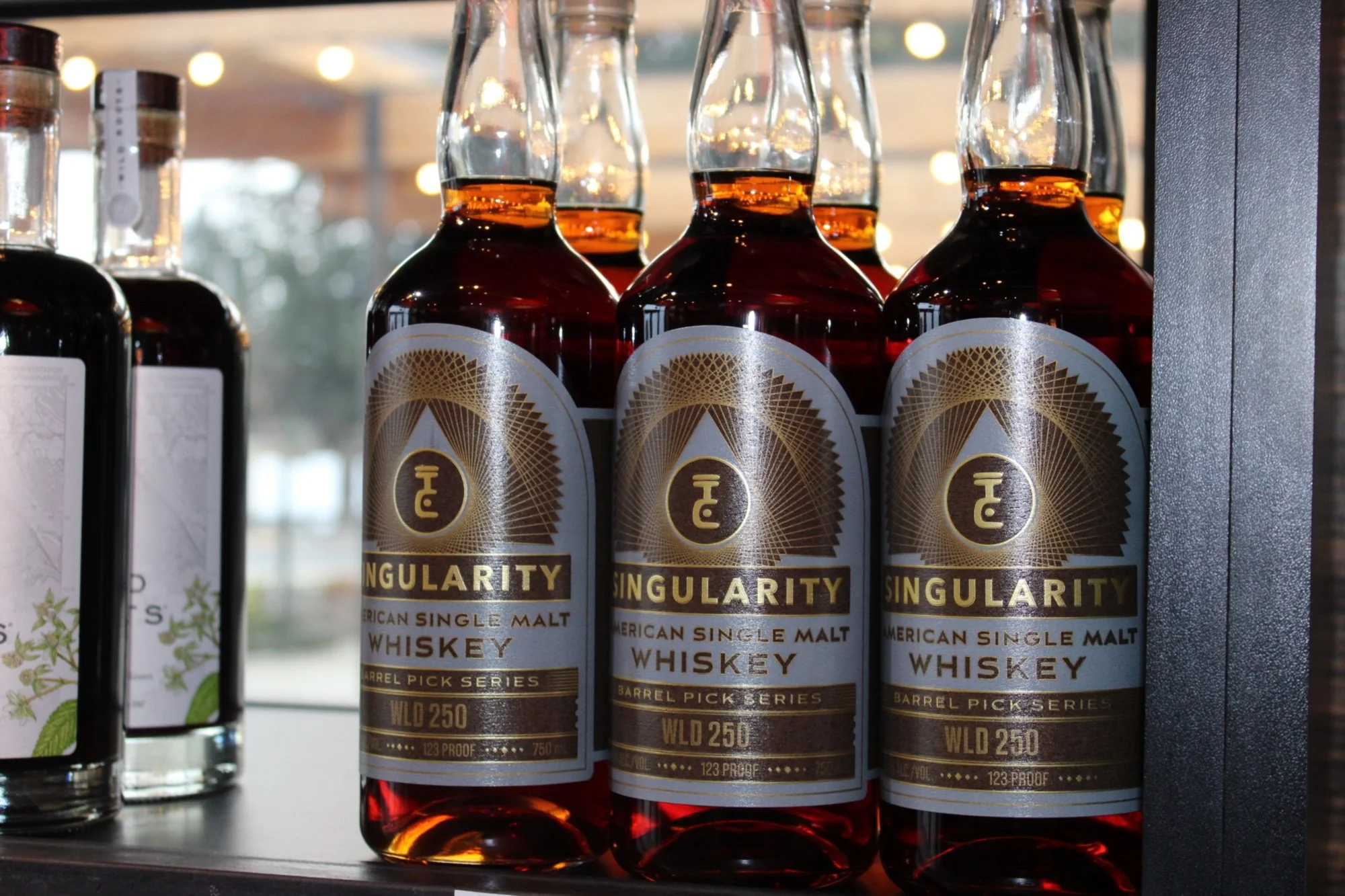How 5 Tribes Are Reclaiming Spirits After a 183 Year Ban
Native American distilleries
Native Americans were forbidden to distill alcohol on tribal lands due to an 1834 law passed during President Andrew Jackson’s administration, the Indian Trade and Intercourse Act, purportedly to preserve peace on the frontier. But that changed in 2018, when the first Trump administration cancelled the distillery prohibition, thanks to efforts by the Confederated Tribes of the Chehalis Reservation, also known as the People of the Sands. The tribal leaders in southwest Washington State lobbied their federal lawmakers for a repeal of the ruling, and after Representative Jaime Herrera Beutler sponsored a House bill, it received support from both the House and the Senate.
And, after President Trump signed the 2018 bill into law – allowing Native people across the nation to legally launch distilling operations on reservation lands – the Chehalis people opened Talking Cedar brewery and distillery in 2020. Three additional Native-owned distilleries have also opened since 2018.
Copper Crow Distillery
Bayfield, Wisconsin
Curtis and Lisna Basina of Copper Crow
However, another indigenously owned distillery had opened in 2017, thanks to a loophole in land ownership. “We are within the Red Cliff Reservation, but on [private] property that my wife Linda and I own,” says Curtis Basina, co-owner of Copper Crow Distillery. The Basinas are Red Cliff Band of Lake Superior Chippewa.
“Our tribe benefits in many ways. We provide employment for 10-12 local people, and we have become a destination for visitors to the Bayfield and Red Cliff area. This increases tourism opportunities in Red Cliff and brings additional tourism dollars to the community.”
Copper Crow Distillery incorporates regionally sourced grains whenever possible plus other seasonal products, and pure well-water from a Lake Superior aquifer. All production, barreling, bottling, labeling, and warehousing occur onsite too.
“We also have a tasting room where we make artisanal cocktails,” Curtis says. “Our cocktail menu changes seasonally, depending on what fruits are in season. And we’re well known for distillation of whey from a dairy about 150-200 miles away. They filter the protein out, then we ferment the lactose sugar and distill it. Whey distillate is in the background of approximately 50 percent of our products.”
Fifteen Copper Crow spirits include popular award-winning bourbon, vodka distilled from wheat, and amaretto. Among customers, favorite newer spirits include maple-flavored whiskey and American single malt whiskey.
Curtis says the business is highly regulated and expensive to get into. He recommends plenty of self-education and hanging out at local breweries and distilleries. Membership in state and national spirits organizations, including the American Craft Spirits Association, are also important.
“When we thought about doing this, Linda and I planned our vacation around a national convention. It was eye-opening to say the least.” They sought professional assistance to create their business plan.
“Native Americans – especially individuals – should also get to know their tribal council and make sure they understand your plans,” Curtis says. “We told ours that our products would be high-end.”
Black Sea Shines
Kimberling City/Table Rock Lake/Missouri Ozarks
David Haigler. CEO and owner of Black Sea Shines
A member of the Western Cherokee Nation of Missouri and Arkansas, David Haigler is CEO and owner at Black Sea Shines distillery, with his wife, Roseanna. Diverse travel and work experience have coalesced, to create this company. “I have approached this [business] more as a chef,” David says. “You want ingredients to accent and work together. I also understand fluid and gas [behavior] from deep sea diving, as well as construction, and medicine.”
The company offers three whiskeys and eight other flavored spirits, plus Lakeside Lemon n' Lime Moonshine, a signature coffee, and a coffee spirit. “I love coffee, hot and black. I wanted to have something to put in it that didn’t change its flavor,” David says. “I never intended to sell it but before you know it, I had put a label on it and now it’s a big seller.”
Black Sea Shines uses local ingredients as much as possible. “We’re strong advocates of keeping it in the local community,” David says. “I try to use non-GMO grains and natural grain lines from local Missouri markets.” The company ages their products onsite and does much of their own cooperage. The property includes the distillery and an event facility.
The tribe benefits too. “First, they have a more stable and user-friendly location with amenities and accessibility while still being in direct contact with nature and its surroundings,” David says. “Second is additional visibility and promotability of the Nation for future objectives. Third, as our company grows, we support local communities in a constructive, and wholesome manner.”
David says prospective distillery owners should do their homework before entering the industry — including talking with people about what not to do. “This is not an industry with a three-month window to start turning profit – you can’t cheat on the aging process. If you’re going to [open a distillery], do it exceptionally well or don’t do it at all.”
Ewing Young Distillery
Newberg, Oregon
Bev Root, owner, distiller and blender of Ewing Young photo credit Erica Davis Photography
Opened since 2018, multi-award winning Ewing Young Distillery honors early Oregon resident, Ewing Young who “…was an inspirational leader, a maverick, an entrepreneur, and a brave explorer,” says Bev Root, owner/distiller/blender and registered member of the Chippewa tribe in Minnesota. The wealthy resident was also Oregon’s first distiller and worked towards creation of the Oregon Territory. He is buried beneath a nearby Oregon Heritage Oak tree.
Bev and her husband, Doug, run the distillery. Their Ewing Young bourbons include best-selling 94.7 pf Oak Bourbon and three others from 84 to 115.6 pf. 92.3 pf Rye Mash Whiskey uses special barrels. There are two rye varieties plus 95% Wheat Whiskey (101 pf) and single malt barley whiskeys – finished in Pinot Noir or Oloroso sherry barrels.
There’s silver, and barrel aged rum, pepper or strawberry-rhubarb vodka, and unflavored Russet Potato Vodka. A patented process removes harsh tasting toxins in corn-based Burnished Vodka uses.
The distillery incorporates local ingredients and methods whenever possible, such as Oregon fruit for strawberry rhubarb vodka, local pinot barrels for single malt finishing, and Oregon hyssop and cascade hops in gin. They also age whiskeys, and bottle everything onsite. “I love creating new spirits and finishes and special bottlings,” Bev says. “I often hear, “This is the best gin I have ever tasted, and “All your spirits are excellent.”
Because Ewing Young Distillery is in Oregon, Bev’s Minnesota tribe receives no direct benefits from distillery operations. And she says undercapitalization and government red bureaucracy can sap her joy – and profits. “If I had the chance to do this over again, I wouldn’t. But if [a Tribe] decides to move ahead, make sure you have a lot of money to get started and a strong young person if you are not that person. It is a capital-intensive and physically demanding business.”
Paskenta Brewery & Distillery
Corning, California
Paskenta Obsidian spirits
Since the Paskenta Band of Nomlaki Indians began distillery operations inside Native-owned Rolling Hills Casino and Resort, during 2021, favorite spirits at Paskenta Brewery & Distillery have included vodka and Apple Pie Moonshine.
“Vodka leads in sales due to its versatility and widespread use in various cocktails,” says the Paskenta Brewery & Distillery Leadership Team. “Apple Pie Moonshine stands out for its unique flavor profile and local appeal, making it a distinctive favorite in the region.”
Several whiskey varieties age onsite while the Tribe’s diverse beers include seasonal barrel-aged stout, and seven handcrafted spirits. The most popular beers are American-style light beer, Slot Lizard, and the IPA, Shapeshifter.
The tribe also acquired Mad River Brewery from the Yurok tribe in Blue Lake, CA, last March. “With over 30 years of history Paskenta Mad River Brewery brings a well-established brand, loyal customer base, and diverse product lineup,” says the Leadership Team. “And their wealth of industry experience and long-standing relationships make this acquisition a natural and synergistic fit.”
A fully Tribally owned brewery and distillery, Paskenta has gained significant visibility through its operations – enhancing brand recognition while strengthening the Tribe’s industry presence. Future expansion will enhance employment opportunities and contributions to the community’s economic growth.
Paskenta recipes incorporate local and indigenous ingredients. Collaborating with universities, vendors, and other Tribal communities to expand their use reinforces commitments to sustainability, cultural heritage, and regional partnerships. Except for Mad River products, beers and spirits are produced in-house. Packaging occurs at both locations, while aging spirits occurs exclusively at Paskenta Brewing & Distilling.
Although navigating complex rules, regulations, and approvals has been challenging transformation of the Brewery and Distillery from an initial concept of the Tribal Council, into a fully operational venture has been extremely satisfying.
Tribes considering entering the industry should conduct thorough research and market analysis first, says the Leadership Team. “It's important to be prepared for long-term commitment. Building a profitable operation requires significant time, effort, and perseverance.”
Talking Cedar Brewery & Distillery
Rochester, Washington
Talking Cedar whiskey
Talking Cedar Brewery & Distillery opened four years after the 1834 law was rescinded. Tribes across the nation could finally enter the distilling industry and diversify their economies. “It opened the world of spirits to a new perspective: What can a Tribally owned distillery bring to the table and this amazing industry?” says Matt Hofmann, General Manager of Talking Cedar Brewery and Distillery. In addition, the Chehalis’ Kayak Gin was the first legally distilled spirit crafted on public Native American land.
Regional ingredients include Pacific Northwest malt, hops from the Yakima Valley, and local wheat. Gin incorporates yarrow, and fir tips, historically used by Native communities. “We [also] emphasize these in three new spirits, which each have at least a couple of traditional Native botanicals,” Hofmann says.
Begun before the spirits business, Talking Cedar beers and rotating seasonal brews include Chehalis Light plus popular Juicy IPA and Pacific Northwest IPA. “On the spirits side, we have our Tailfeather Vodka and Kayak Gin, and we're readying a few new products that we hope to release by the end of the year,” Hofmann says. Talking Cedar also works with Livewire Cocktails, Self Care Non-Alcoholic Beer, and Savage Brewing.
All packaging occurs on Tribal Land. Also onsite, Talking Cedar Restaurant features local cuisine, a robust tap list, and craft cocktails. The company will soon add a second building, owned by the Chehalis Tribe.
Hofmann says other Tribes should determine what has always been important to them or their region and then communicate that through spirits. “A good distillery reflects its place, people, agriculture, and ecosystem. Answer that question and you'll have something brand new to show the world – and that's a really exciting place to be.”






